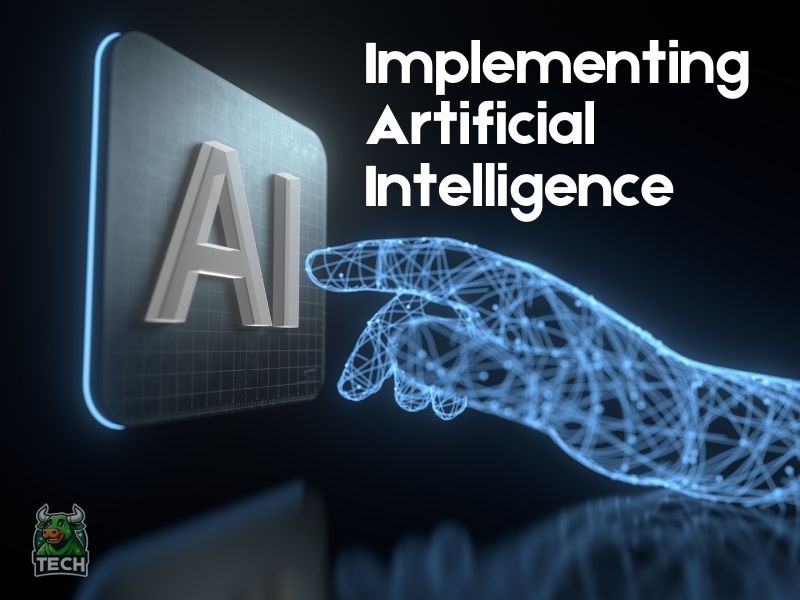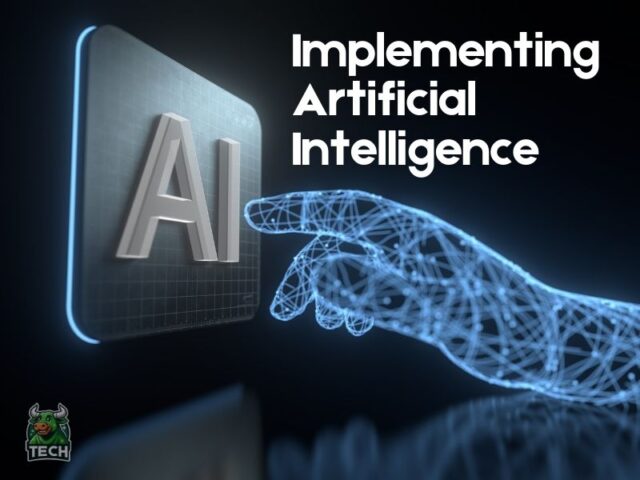As we progress through 2025, the influence of artificial intelligence (AI) platforms on business operations and strategies is more pronounced than ever. AI is transforming how companies interact with customers, manage resources, and make strategic decisions. This article explores the multifaceted effects of AI platforms on businesses this year, highlighting their significance in various sectors.

1. Enhanced Decision-Making Capabilities
One of the most significant benefits of AI platforms is their ability to process and analyze large volumes of data. In 2025, businesses are increasingly relying on AI-driven analytics to support decision-making processes. These platforms can identify patterns and trends within data that may not be apparent to human analysts. For example, predictive analytics allows companies to forecast sales trends, understand customer behaviors, and assess market risks more accurately. By leveraging these insights, businesses can make data-driven decisions that enhance operational efficiency and competitiveness.
Case Study: Retail Analytics
In the retail sector, companies are using AI platforms to analyze customer purchasing patterns. For instance, a major retailer may utilize AI to determine which products are likely to see increased demand during specific seasons. This insight allows them to optimize inventory levels and reduce waste, ultimately improving profitability.
2. Revolutionizing Customer Experience
Customer experience has become a key differentiator in today’s competitive marketplace. AI platforms are enhancing this aspect by enabling personalized interactions and improving service delivery. Chatbots and virtual assistants, powered by natural language processing (NLP), can handle customer queries in real time, providing instant support around the clock.
Personalization and Engagement
In 2025, businesses are employing AI algorithms to analyze customer data and create personalized experiences. For example, streaming services leverage AI to recommend content based on viewing history, which increases user engagement and satisfaction. Companies that prioritize personalization see higher retention rates as customers feel more valued and understood.
3. Automation of Routine Processes
The automation capabilities of AI platforms are reshaping the workforce by taking over repetitive tasks that consume valuable time and resources. In 2025, businesses are deploying robotic process automation (RPA) to streamline various operations such as invoicing, data entry, and supply chain management.
Benefits of Automation
By automating routine processes, companies can reduce operational costs and minimize human error. For instance, a financial institution might implement an AI-driven system to automate compliance reporting, allowing employees to focus on more strategic initiatives like risk management and customer relationship building.
4. Workforce Transformation and Skills Development
The rise of AI is prompting a transformation in the workforce landscape. While certain roles may become obsolete due to automation, new job opportunities are emerging that require advanced skills in managing AI technologies.
Upskilling and Reskilling Initiatives
In 2025, businesses are investing heavily in upskilling and reskilling their employees to equip them with the necessary tools to work alongside AI platforms. Training programs focused on data analysis, machine learning, and AI ethics are becoming commonplace. Companies that prioritize workforce development not only enhance employee satisfaction but also ensure they remain competitive in a rapidly evolving market.
5. Ethical Considerations and Data Privacy
With the growing reliance on AI comes the responsibility of ensuring ethical practices and safeguarding data privacy. Businesses are now facing increasing scrutiny regarding how they collect, use, and store customer data. In 2025, organizations must navigate complex regulations while maintaining transparency in their AI operations.
Building Trust Through Ethical Practices
Companies that adopt ethical AI practices are likely to build stronger relationships with customers. By being transparent about data usage and ensuring fairness in algorithmic decisions, businesses can foster trust and loyalty among their clientele.
6. Strengthening Cybersecurity Measures
AI platforms are becoming essential tools for enhancing cybersecurity measures across industries. In 2025, businesses are utilizing machine learning algorithms to detect anomalies and potential threats in real time.
Proactive Threat Detection
For example, financial institutions deploy AI systems that continuously monitor transactions for suspicious activities. These systems can quickly identify patterns indicative of fraud, allowing organizations to respond proactively rather than reactively. As cyber threats become more sophisticated, the integration of AI into security protocols is vital for protecting sensitive data.





